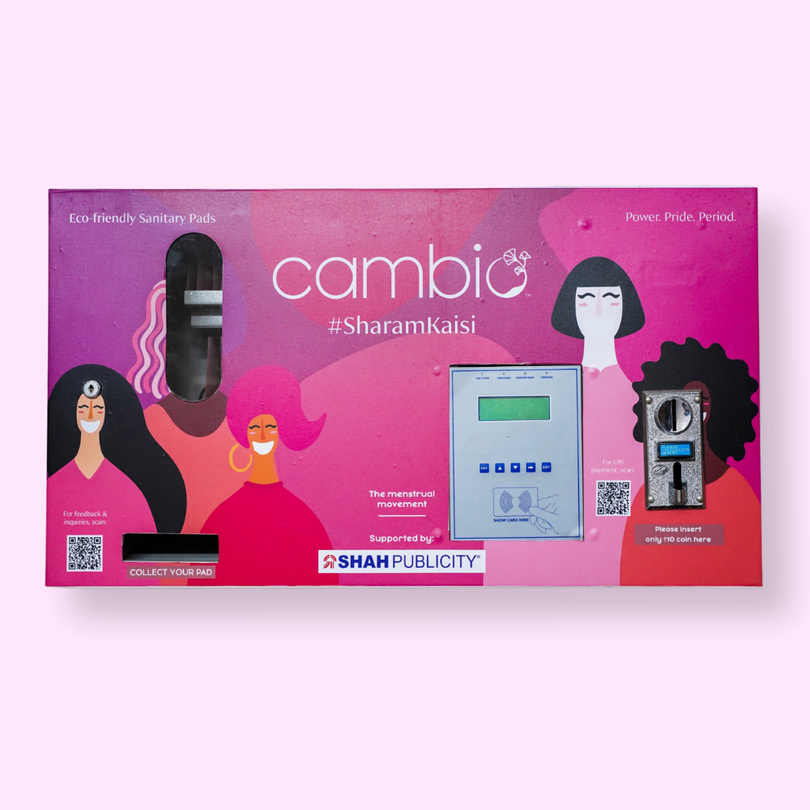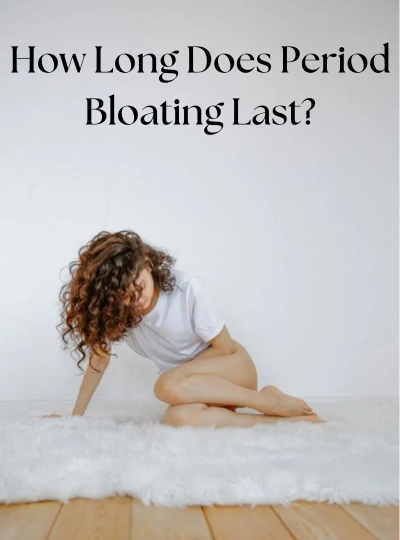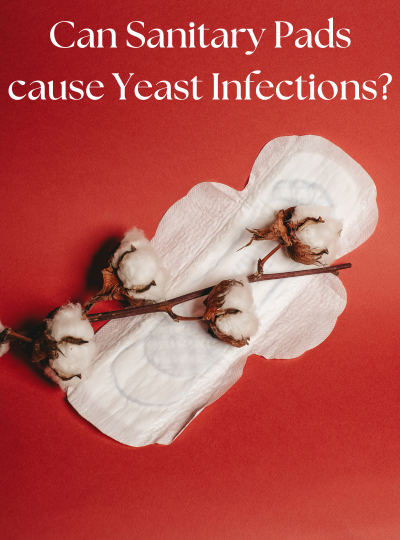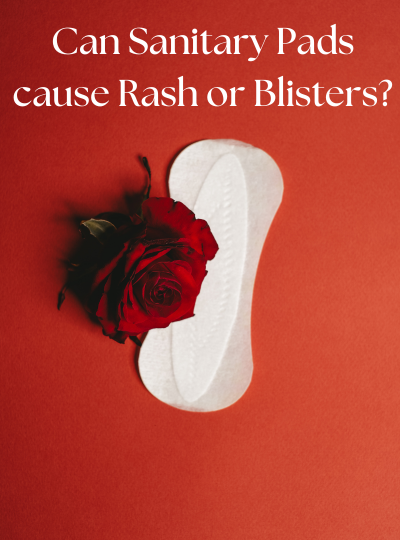When does period bloating occur?
Period bloating occurs in the days leading up to your period, not during the period itself. Here's a breakdown of the timing:
Premenstrual Syndrome (PMS): Bloating is a common symptom of PMS, which can begin one to two weeks before your period starts.
Hormonal Fluctuations: The culprit behind bloating is often the hormonal shifts that occur during this time. Rising progesterone levels and a decrease in estrogen can lead to fluid retention, causing a feeling of puffiness and bloating, particularly in the abdomen.
What are the causes of persistent period bloating?
Persistent period bloating can be caused by a variety of factors. Some of the likely causes include:
- Diet: Consuming foods that are high in sodium, sugar, and alcohol, as well as eating large portions of food, can cause fluid retention and bloating.
- Hormonal fluctuations: During menstruation, hormone levels can fluctuate significantly, which can cause swelling and inflammation in the body, resulting in period bloating.
- Gastrointestinal issues: Some gastrointestinal disorders, such as irritable bowel syndrome (IBS) and celiac disease, have bloating and abdominal swelling as a primary symptom.
- Medications: Certain medications, such as hormone therapy, birth control pills, and anti-inflammatory drugs, can also cause bloating as a side effect.
- Allergies and sensitivities: Food sensitivities or allergies can also cause bloating when certain trigger foods are consumed.
Also read - Why do you get gas before your period?
How long does mild period bloating last?
Mild period bloating usually lasts for up to two days, though it can sometimes last up to a week. The duration of period bloating can vary depending on several factors, such as the severity of hormonal imbalances, the individual's diet and lifestyle, and the presence of any underlying medical conditions.
How can I prevent period bloating if it lasts for longer than a week?
If period bloating lasts for longer than a week, there are some steps you can take to help alleviate symptoms:
- Stay hydrated: Dehydration can exacerbate bloating, so it's important to drink plenty of water during your period.
- Watch your diet: Try to avoid salty, processed or sugary foods that can cause bloating. Instead, opt for whole, unprocessed foods, such as fruits and vegetables, to help reduce water retention.
- Get enough fibre: Incorporating high-fibre foods, such as leafy greens, fruits, and whole grains, can help maintain a healthy digestive system and prevent constipation, which can cause bloating.
- Exercise regularly: Regular exercise, such as walking or light cardio, can help reduce bloating by stimulating digestion and reducing stress levels.
- Utilize natural remedies: Natural remedies, such as chamomile tea, ginger, and fennel tea, can also help relieve bloating by calming down the digestive system.
Also read - Should you exercise during periods?
Can period bloating be prevented or reduced?
Period bloating can be prevented or reduced by a combination of factors, including dietary changes, lifestyle habits, and natural remedies. Here are some tips to help reduce period bloating:
- Manage stress: Stress can trigger a release of cortisol, a hormone that can disrupt digestion and lead to bloating. Practice stress-reduction techniques, such as meditation or exercise, to relieve stress and manage symptoms.
- Reduce Caffeine Intake: Reducing consumption of highly caffeinated drinks like coffee and energy drinks can help reduce premenstrual syndrome symptoms like cramping and bloating.
- Reduce Alcohol Intake: Consumption of alcohol can lead to the elimination of good bacteria (that help you relieve symptoms of bloating). It’s advised to stop consuming alcohol altogether before your period cycle begins.
- Try Diuretics: Diuretics increase urine production and help reduce water retention. Natural diuretic foods like asparagus, beets, cabbage, celery, cucumbers, and watermelon can also help.
Also read - Important things you should avoid during periods
What should I do if my period bloating does not improve after several days?
If your period bloating does not improve after several days, it's important to seek medical attention to determine the underlying cause and receive proper treatment. Period bloating can be a symptom of a variety of underlying conditions, including digestive disorders, inflammatory conditions, hormonal imbalances, and more.
Your healthcare provider can perform a physical examination and order additional testing, such as blood tests, ultrasounds, and other diagnostic procedures, to determine the cause and recommend appropriate treatment.
More to read
Why am I so horny on my period?










